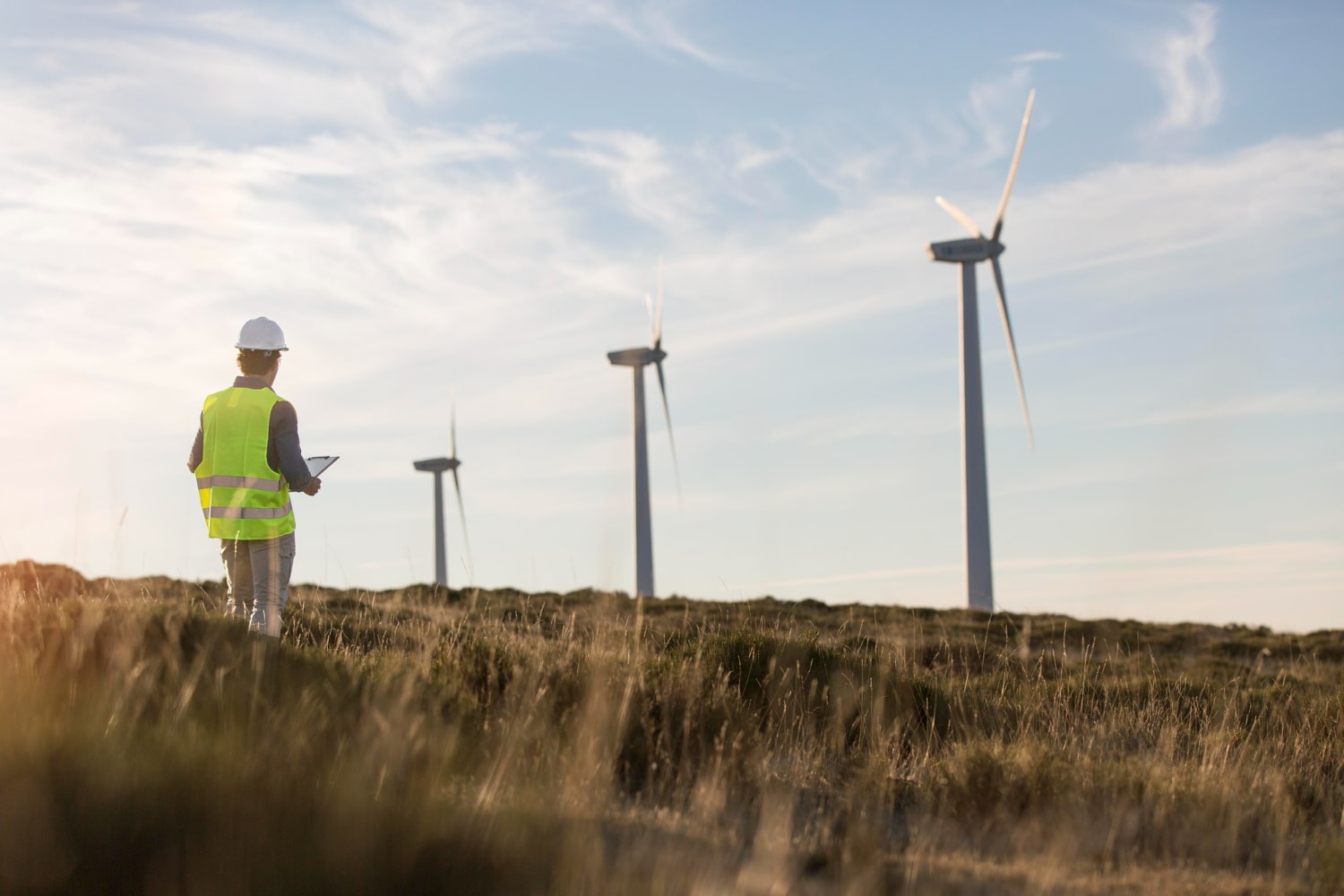
Fuelling the future: motive power and connectivity
Renewable electricity will do the heavy lifting to decarbonise transport, but we still need the policies to make this happen, T&E says in a submission to the UK Transport Select Committee.
Decarbonising transport can only be achieved through an end to the use of all fossil fuels which must be completed by 2050 if climate goals are to be met. The availability of land, and supply of waste, to produce biofuels are limited and in huge global demand and can therefore only make a limited contribution. Accordingly, renewable electricity will do the heavy lifting to decarbonise transport.
If the UK selects the most efficient options for using renewable energy in transport (including batteries for all road vehicles), this will require 369 TWh of renewable energy by 2050 – slightly more than the total amount of UK electricity supplied today. Generating this power requires 92 GW of offshore wind capacity: equivalent to over 13,000 offshore turbines. Choosing less efficient pathways, including unnecessary use of hydrogen and synthetic fuels in vehicles, could result in over 50% higher renewable electricity demand. Transport cannot therefore be decarbonised one mode at a time, but instead requires a holistic approach that prioritises the most efficient pathways for energy use that are also the cheapest in the long-term.
Vehicles will be overwhelmingly electrified with batteries – and for cars this is advancing well. Early market purchase grants can now be replaced with attractive (but not zero) tax rates along with regulations (the Zero Emissions Vehicles Mandate) to guarantee supply. A systematic approach to charging can address the current postcode lottery including requiring and resourcing local authorities to develop and implement local charging plans alongside charge point operators. Regulations should require an increasing share of car parking places to install chargers.
The market for vans and trucks are much less developed and purchase grants and other forms of early market support remain necessary until regulations are in place and the market is more mature.
Successful electric car policies have been framed around initial support followed by regulations to deliver a phase out of conventional vehicles. The same approach can be adopted in the aviation and maritime sectors. Setting a 2040 end date for the use of liquid fuels in domestic aviation, with intermediate targets for an increasing share of zero-emission miles flown on UK routes, will stimulate the market for zero emission aircraft using both batteries and hydrogen. This can enable the UK to develop world leading capabilities in these important emerging technologies. A similar 2040 end date for use of fossil fuels in domestic shipping should also be implemented.
For long haul aviation, and intercontinental shipping, e-kerosene and ammonia respectively (made from green hydrogen and CO2 or nitrogen captured from the air) will compete with advanced biofuels to produce sustainable aviation and shipping fuels. To drive the market there should be a commitment to end the use of fossil kerosene and heavy fuel oil in the UK by 2050 and a mandate on the supply of these fuels to progressively grow the supply to reach 100% by 2050. Support for new production can be delivered through a contract for difference approach, guaranteeing a growing market share of e-kerosene, advanced biofuels and ammonia.
The pathways to decarbonise transport through use of renewable fuels are now clear, what is now needed is a comprehensive suite of policies to make this happen.
To find out more, download the full submission.
